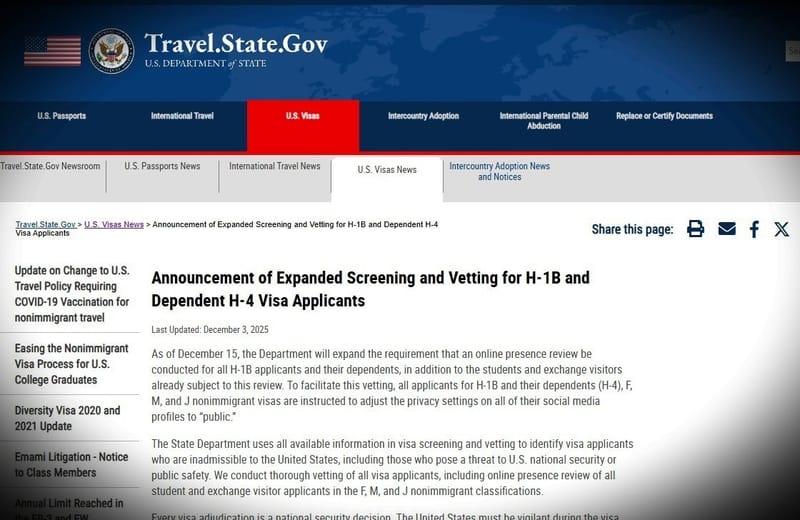H-1B Policy Uncertainty & Fees Impact US Tech Startup Hiring for AI Talent
Immigration policy uncertainty, even when misconstrued, profoundly reshapes the US tech talent market, forcing startups to adapt their hiring strategies and impacting skilled workers' career decisions.
Subscribe to our newsletter and stay informed about latest H1B news, policy updates and and other developments.
Article Summary
Indian AI startups are facing significant challenges in hiring tech talent in the US due to new H-1B visa fees and broader immigration anxieties. This environment is making current H-1B holders hesitant to transition from large tech companies to smaller ventures, compelling startups to prioritize US citizens, green card holders, and F-1 visa holders for critical roles.
Original Article: economictimes.indiatimes.com
[ Sentiment: negative | Tone: factual ]
This summary and analysis were generated by TheNewsPublisher's editorial AI. This content is for informational purposes only; it does not constitute legal or immigration advice.
[ Sentiment: negative | Tone: factual ]
This summary and analysis were generated by TheNewsPublisher's editorial AI. This content is for informational purposes only; it does not constitute legal or immigration advice.
TNP AI: Key Insights
This article highlights the profound 'second-order effects' of immigration policy, demonstrating how even perceived changes or ambiguities, like the $100,000 H-1B fee (which doesn't apply to transfers), can create significant talent mobility issues. It reveals a critical 'so what?' for the audience: policy uncertainty, whether real or perceived, directly impacts career decisions for H-1B holders and hiring strategies for employers.
For skilled H-1B professionals, this fosters a climate of risk aversion, encouraging them to prioritize stability at larger firms over the often more dynamic opportunities at startups. For US tech startups, particularly in critical areas like AI, this translates into a constrained talent pool and increased competition for domestic workers, potentially slowing innovation and forcing a strategic pivot towards hiring US citizens, green card holders, or F-1 visa holders.
The situation underscores the broader economic impact on the US tech ecosystem, where policy instability can inadvertently hinder the growth of nascent companies. This trend suggests future implications could include an increase in offshoring technical roles to countries like India, as startups seek more predictable talent acquisition environments.





